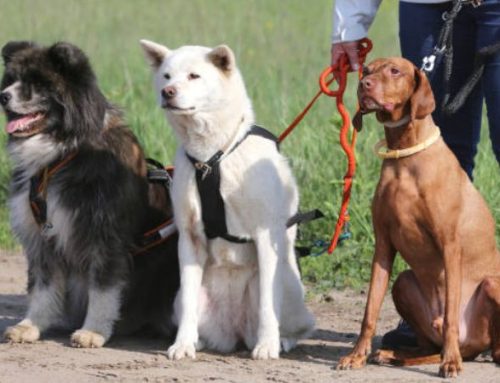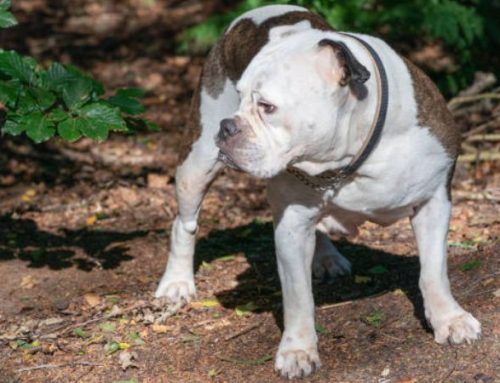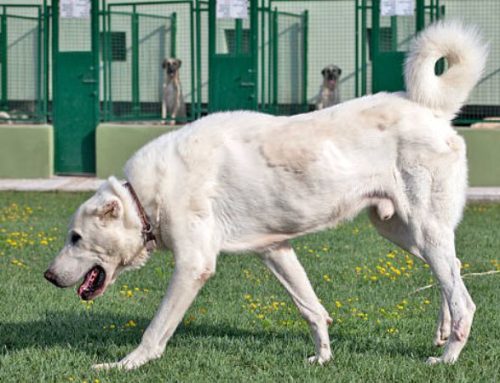The Maltese is a small, graceful breed famous for its silky white coat and affectionate personality. Originating from the Mediterranean island of Malta, these dogs have been treasured companions for centuries, especially among nobility and merchants.
If you’re thinking about bringing a Maltese into your home, this 2025 guide from Nexus-Pets will walk you through their costs, important factors to consider, and the best places to buy one.

Average Maltese Dog Price in 2025
In 2025, the typical price for a Maltese dog ranges from $500 to $2,000. This range depends largely on factors such as the dog’s pedigree, breeder reputation, and location.
Purchasing a Maltese from a reputable breeder usually costs between $1,000 and $2,000, as breeders invest in health testing, vaccinations, and proper socialization. On the other hand, adopting from shelters or rescue groups is significantly cheaper, often between $50 and $700, with adoption fees typically covering medical care like vaccinations and spaying or neutering. However, Maltese puppies are relatively rare in shelters, which can limit availability.
Regional differences also affect pricing: urban areas and regions with higher demand tend to have higher costs. Additionally, teacup Maltese dogs—smaller, selectively bred versions of the breed—command premium prices, often exceeding $3,000 due to their rarity and size.
Factors Affecting the Price of a Maltese Dog
The price of a Maltese dog is influenced by several important factors that buyers should consider before making a purchase.
- Source: Where you get your Maltese plays a major role in its cost. Dogs purchased from reputable breeders typically cost more due to the care, health testing, and breeding quality involved. Conversely, adopting from shelters or rescue organizations is often more affordable, though Maltese dogs are less commonly found there. Pet shops may offer convenience but often charge higher prices without guaranteeing health or lineage.
- Breeder Reputation and Quality: Established breeders with strong reputations tend to charge higher prices. This reflects the investment they make in comprehensive health screenings, genetic testing, and maintaining pure pedigrees to ensure healthy puppies with fewer hereditary issues.
- Type of Maltese: Purebred Maltese dogs usually have higher price tags than mixed breeds such as Maltipoos or Malshis. Crossbreeds are often less expensive but vary widely depending on demand and breeder practices.
- Age: Puppies generally cost more than adult dogs because of their desirability and the initial care they require. Adult Maltese dogs, especially those already trained, can be more affordable.
- Training and Socialization: Dogs that have received basic training and proper socialization often command higher prices, as they require less effort from the new owner and tend to adapt better to new environments.
- Gender and Physical Traits: Gender can influence price, with females sometimes costing more due to breeding potential. Unique physical markings or rare coat colors can also affect value.
- Show Quality and Lineage: Maltese dogs with championship bloodlines and show-quality characteristics are priced at the top end of the market. Their pedigrees reflect superior genetics and conformation, attracting buyers interested in breeding or competitive showing.
Prices fluctuate based on location. In areas with high demand and limited availability, Maltese dogs tend to be more expensive, while regions with more breeders or rescues may offer better pricing.

Additional One-Time and Ongoing Costs
- Initial Costs: Expect to spend $115–$230 on vaccinations, $10–$50 for microchipping, $100–$300 for spaying/neutering, and $215–$725 on supplies like beds, collars, and crates.
- Annual Health Care: Routine vet visits, vaccinations, flea/heartworm prevention, and blood tests typically cost $400–$600 per year but can increase with health issues.
- Grooming: Professional grooming every 6–10 weeks costs about $50 per session. Additional care like teeth cleaning and nail trimming may raise costs. Home grooming can reduce expenses if done properly.
- Food and Daily Care: High-quality food costs $20–$50 monthly. Toys and daily essentials are usually low-cost since Maltese dogs are gentle players.
- Pet Insurance: Average premiums run about $51 per month, helping cover unexpected medical bills and routine care if preventative coverage is included.
- Unexpected Medical Expenses: Serious conditions like patellar luxation or heart disease can require costly treatment, sometimes thousands of dollars. Insurance or savings are recommended to handle emergencies.

Where to Buy or Adopt a Maltese Dog?
When looking to bring a Maltese into your home, choosing a reputable breeder is key. Trusted breeders prioritize the health and temperament of their dogs, performing necessary health screenings such as cardiac exams and patella evaluations. They provide proper socialization, vaccinations, and health guarantees. You can find reputable breeders through breed clubs, veterinary referrals, or verified online registries.
Adoption and rescue organizations offer a more affordable and compassionate option, with fees typically ranging from $50 to $700. These fees usually cover vaccinations, spaying/neutering, and basic medical care. While Maltese puppies are rare in shelters, breed-specific rescues may occasionally have available dogs. Adoption allows you to give a loving home to a dog in need, though puppies might be less common.
Local animal shelters and online platforms like Petfinder or Rescue Me can also be useful resources for finding Maltese dogs available for adoption or rehoming. Always verify the legitimacy of the source and ask for health records.
Purchasing from unverified or low-cost sources, such as puppy mills or inexperienced breeders, carries significant risks. These dogs may suffer from poor health, inadequate socialization, and hidden genetic issues. Ethical sourcing ensures you receive a healthy, well-adjusted pet and helps discourage inhumane breeding practices. Always ask to see the puppy’s parents, health clearances, and environment before making a decision.
You may be interested in: Maltese Poodle Hybrid Breeds






